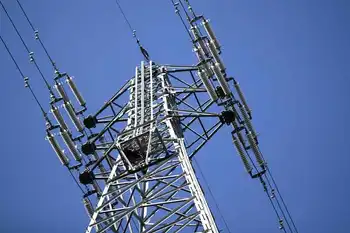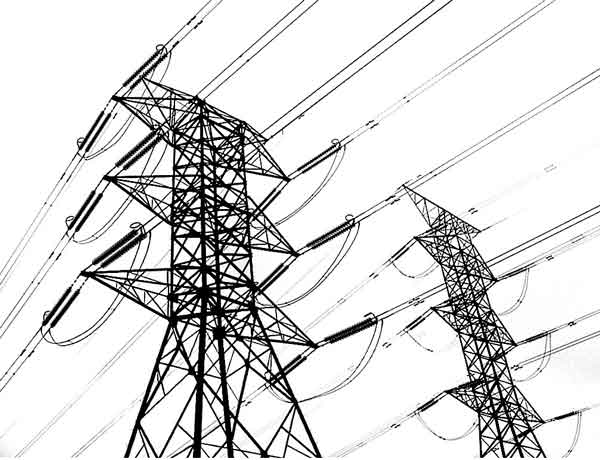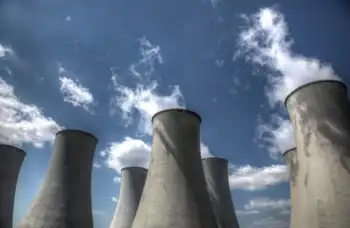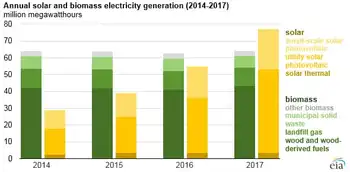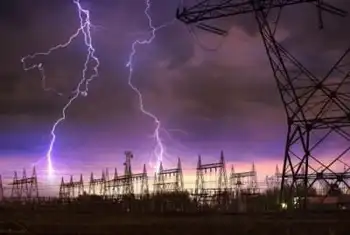Duke, American Transmission create DATC
By PR Newswire
CSA Z463 Electrical Maintenance -
Our customized live online or in‑person group training can be delivered to your staff at your location.

- Live Online
- 6 hours Instructor-led
- Group Training Available
The companies believe Duke-American Transmission Co. DATC is well-positioned to help address increasing demand for affordable, reliable transmission capacity in the United States and Canada.
"Thoughtful, well-designed transmission projects afford customers, regulators and other key stakeholders superior flexibility as they determine which energy resources can help meet demand for electricity in the decades to come," says Duke Energy Commercial Businesses Senior Vice President Phil Grigsby. "Duke Energy and ATC share the belief that sound transmission infrastructure can serve as a springboard for next-generation energy technologies."
DATC has begun identifying opportunities to build, own and operate new transmission projects that meet potential customers' capacity and voltage requirements.
"This joint venture is an important step in advancing ATC's strategy to grow outside our current service area," says John Flynn, ATC vice president of Strategic Planning and Business Development. "We have been very successful in planning, permitting and building transmission in the Midwest. Through our partnership with Duke Energy, we will take our expertise to other parts of North America to develop transmission solutions that not only deliver reliable electricity, but also economic and public policy benefits."
DATC will own all of the transmission assets it builds and operates. Equity ownership of DATC will be split equally between Duke Energy and ATC.
The joint venture will operate as a transmission utility. As a result, it will be subject to the rules and regulations of the Federal Energy Regulatory Commission, MISO, PJM and various other independent system grid operators, as well as any states in which DATC develops projects. Per the structure of their new joint venture, Duke Energy and ATC may continue to develop transmission projects independently.





